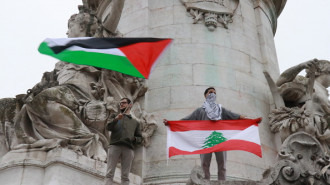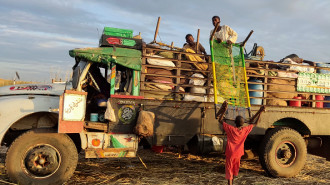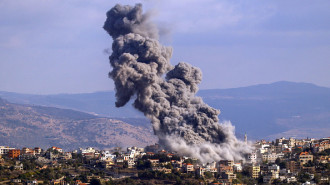EU Parliament seeks sanctions on Iran officials over 'deteriorating human rights'
The European parliament passed a resolution pushing for sanctions on Iran, citing the imminent execution of Swedish-Iranian doctor Ahmadreza Djalali, who was detained in Iran in 2016 and later sentenced to death for alleged espionage.
The motion called on sanctions over Iran's "arbitrary" detainment of its citizens and the clamping down of human rights activists.
"Iran is also arbitrarily detaining its own citizens in dire conditions; whereas courts often deny defendants the right to a fair trial and restrict legal counselling and visits from consular authorities and UN and humanitarian organisations," the report read.
The resolution called on the council to consider further targeted sanctions, including freezing the assets of the Iranian regime officials and entities involved in the arbitrary detention and sentencing to death of EU nationals.
It includes imposing travel bans and freezing the assets of Iranians involved in the killing of at least 303 protesters in 2019.
"Sentences are often based on unsubstantiated allegations, Iran’s judiciary system and judges are far from independent and do not meet international standards, the Iranian authorities have not investigated allegations of torture and other serious violations of detainees' rights [and] judicial harassment is being used to silence human rights defenders," it read.
It specifically called on ending Djalali’s detention, writing "Swedish-Iranian national Dr. Ahmadreza Djalali, who specialises in emergency medicine and is a scholar at Belgium’s Vrije Universiteit Brussel and Italy’s Università del Piemonte Orientale, was arrested on 24 April 2016 by the Iranian security forces…he was sentenced to death on spurious espionage charges in October 2017 following a grossly unfair trial based on a confession extracted under torture".
Iran focus
Iran has been the focus of US and British foreign policy following an escalation of its nuclear proliferation and enrichment program.
European powers earlier this week joined the US in expressing "grave concern" over Iran's latest move to enrich uranium in its nuclear programme, saying the step endangered talks in Vienna aimed at reviving a 2015 accord seeking to resolve the crisis.
"With its latest steps, Iran is threatening a successful outcome to the Vienna talks despite the progress achieved in six rounds of negotiations to date," the foreign ministers of Britain, France and Germany said in a statement.
The International Atomic Energy Agency (IAEA) reported on Tuesday that Iran intended to enrich uranium to 20 percent, in the latest sign the talks based in Vienna could be stalling.
An IAEA statement said Tehran had told the agency that it would be sending the enriched uranium to its research and development laboratory at the fuel production plant in Isfahan.
The aim would be to make fuel for a research reactor, the agency added.
The three European ministers called it a "serious violation" of Iran's commitments under the 2015 nuclear deal.
"Iran has no credible civilian need for uranium metal R&D and production, which are a key step in the development of a nuclear weapon," they added.

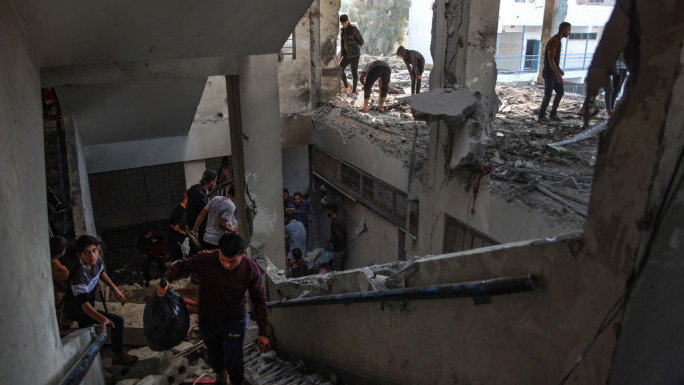
![President Pezeshkian has denounced Israel's attacks on Lebanon [Getty]](/sites/default/files/styles/image_684x385/public/2173482924.jpeg?h=a5f2f23a&itok=q3evVtko)

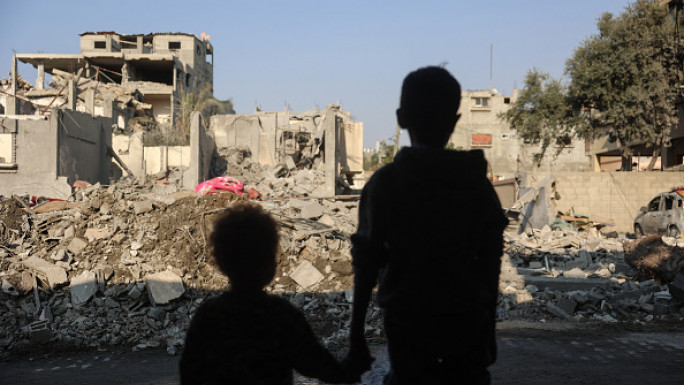
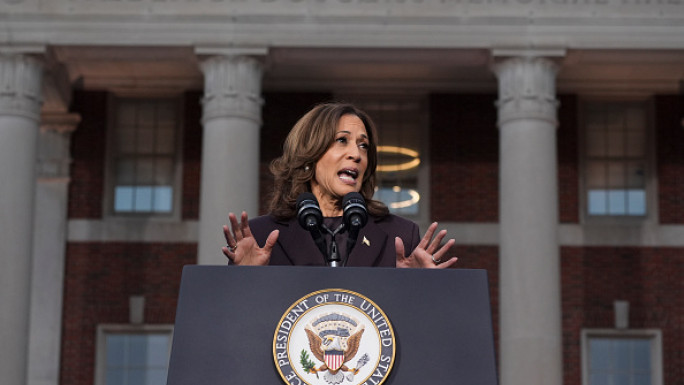
 Follow the Middle East's top stories in English at The New Arab on Google News
Follow the Middle East's top stories in English at The New Arab on Google News
